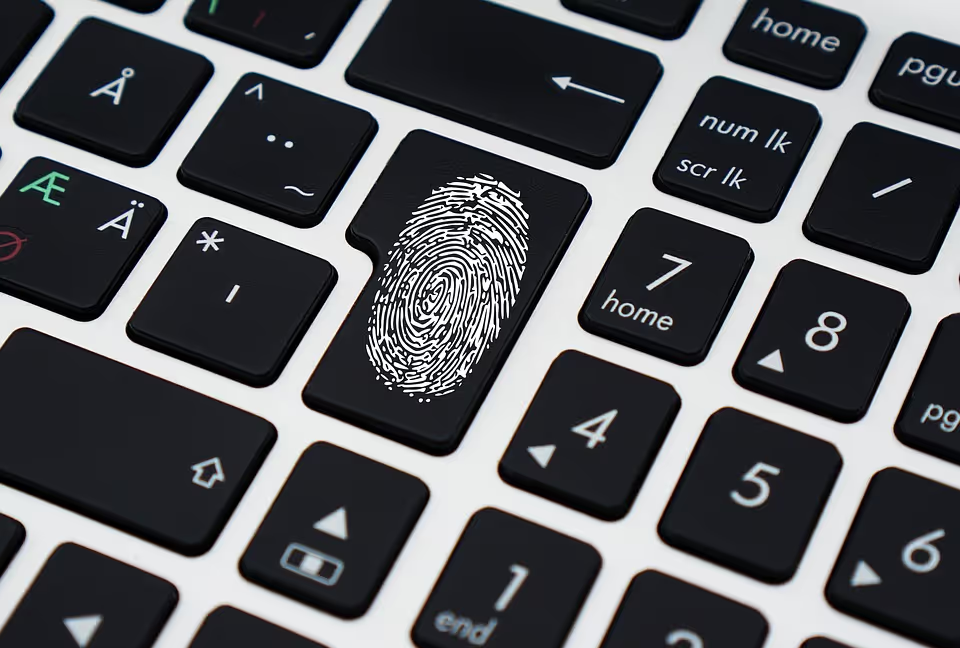By
OCD Tech
January 30, 2017
•
7
min read
In an effort to spread an international message addressingprivacy, data protection, and trust, January 28th was deemed Data Privacy Day (DPD). Officially recognized throughout the United States and Canada in 2008, DPD was designed to mirror the message spread in Europe. It was to commemorate the signing of Convention 108, which was the first legal internationaltreaty focused on privacy and the safeguarding of electronic data. Convention 108 was put into effect on January 28th, 1981.DPD is currently sponsored by the National Cyber Security Alliance (NCSA). Many organizations from a variety of industries observed the January 28th holiday, including Intel, Verizon, Microsoft, Symantec, the Federal Trade Commission (FTC), the Federal Bureau of Investigation (FBI), Federal Communication Commission (FCC), the Identity Theft Council, the Anti-Phishing Working Group, and OCD Tech.Data privacy and information protection is increasingly important every day, due to growing concerns both within government entities and the private sector. Financial institutions, for example, continue to focus on protecting the personally identifying information (PII) that they maintain both for legal compliance; particularly related to the Gramm-Leach-Bliley Act (GLBA), and from a moral obligation. Soon, entities within the EU will be required to comply with the General Data Protection Regulation, or GDPR, which will drastically change the privacy landscape for businesses when the rule is put into effect on May 25th, 2018.Whether our customers request an IT general controls review (ITGC), a vulnerability assessment (VA), a penetration test (PT), social engineering, a full scope IT Audit, a SOC2 report, or DFARS compliance assistance, we know that the privacy and security are the underlying reasons that we are in business. Therefore, whether we are working from our headquarters in Braintree, Massachusetts, or on site with a customer, we make sure to approach our engagements withsecurity and data protectionin mind.

Here are some things you can do right away to help enhance your internet privacy:

Audit. Security. Assurance.
IT Audit | Cybersecurity | IT Assurance | IT Security Consultants – OCD Tech is a technology consulting firm serving the IT security and consulting needs of businesses in Boston (MA), Braintree (MA) and across New England. We primarily serve Fortune 500 companies including auto dealers, financial institutions, higher education, government contractors, and not-for-profit organizations with SOC 2 reporting, CMMC readiness, IT Security Audits, Penetration Testing and Vulnerability Assessments. We also provide dark web monitoring, DFARS compliance, and IT general controls review.
Contact Info
.svg)
OCD Tech
.svg)
25 BHOP, Suite 407, Braintree MA, 02184
.svg)
844-623-8324
.svg)
https://ocd-tech.com
Follow Us
Videos
Check Out the Latest Videos From OCD Tech!
Services
SOC Reporting Services
– SOC 2 ® Readiness Assessment
– SOC 2 ®
– SOC 3 ®
– SOC for Cybersecurity ®
IT Advisory Services
– IT Vulnerability Assessment
– Penetration Testing
– Privileged Access Management
– Social Engineering
– WISP
– General IT Controls Review
IT Government Compliance Services
– CMMC
– DFARS Compliance
– FTC Safeguards vCISO